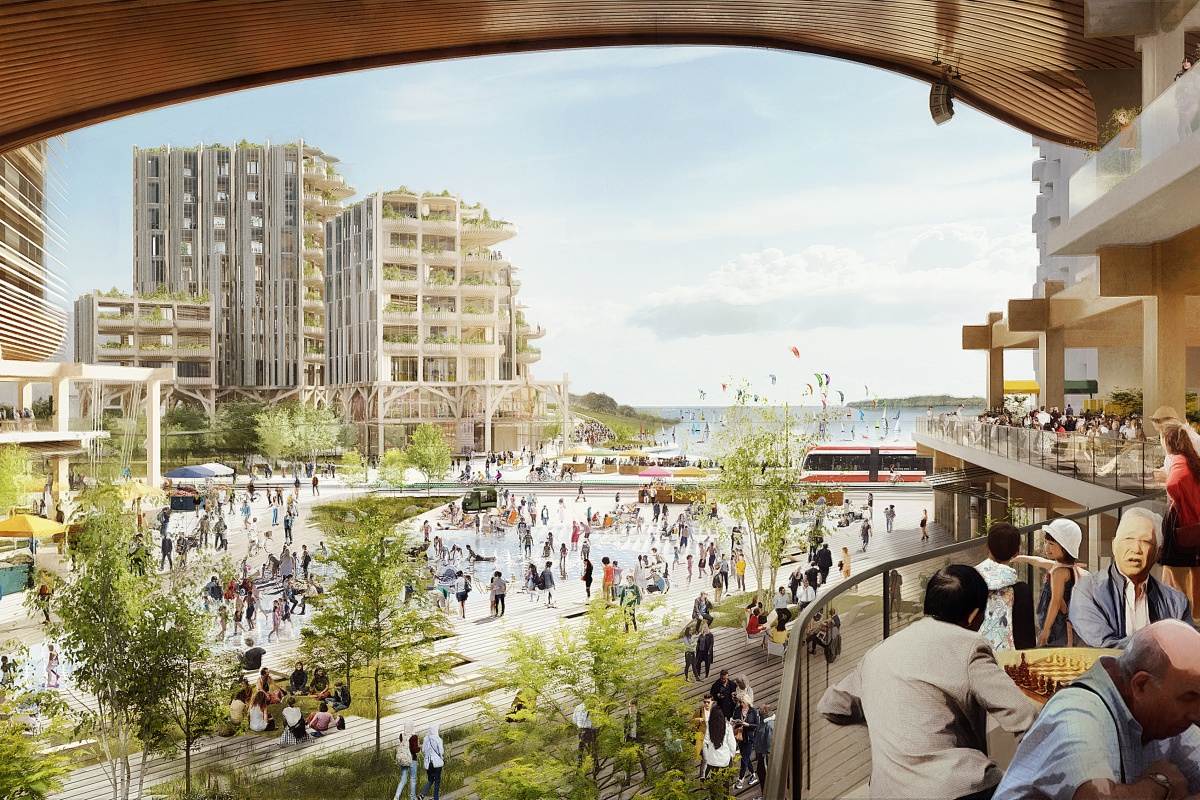
Photo: SAP-city-collaboration
Creating better lives in our cities of the future requires collaboration
02 July 2019
It’s uplifting to see the ways that smart city initiatives worldwide are improving communities in unique and innovative ways. However, as more people and businesses move to cities, there is mounting pressure on local governments to find sustainable solutions for everything from infrastructure and public services to safety, mobility and entertainment.
We see numerous bright spots. For instance:
- The City of Antibes France developed a system to securely collect and transmit the data about the condition of its water infrastructure, avoiding breakdowns.
- Brussels deployed business intelligence solutions that provide data to decision makers more quickly, improving efficiency and customer service in its public transit network.
- Heidelberg optimised waste collection by putting sensors in garbage cans that send alerts when the bins need to be emptied.
- NTT, the Japanese telecoms giant, has given bus drivers vests with biometric sensors to monitor them for fatigue and increase safety.
The path forward is challenging, nevertheless. Each city must work with its unique geographical, political, demographic, economic, fiscal and cultural characteristics. To achieve their visions, many cities are collaborating with utilities, transportation, logistics and other companies to improve the citizen experience and grow sustainably.
However, cities require a fundamental shift in how they solve citizens’ most pressing needs. Citizens and their data need to be part of how cities devise the solutions. Civic participation makes cities more inclusive. If we combine constituent input with data from across the city that is generated by its ecosystem partners–the companies and non-profits that supply technology, services, and infrastructure–we will be able to make even more progress towards a better quality of life and economic prosperity to reach their highest potential.
Our SAP Insights Research Center has been studying how local government leaders can move their cities more intelligently toward a platform-enabled, citizen-centric future. The authors of this paper provide four suggestions city leaders can take now to move more intelligently toward their goals.












